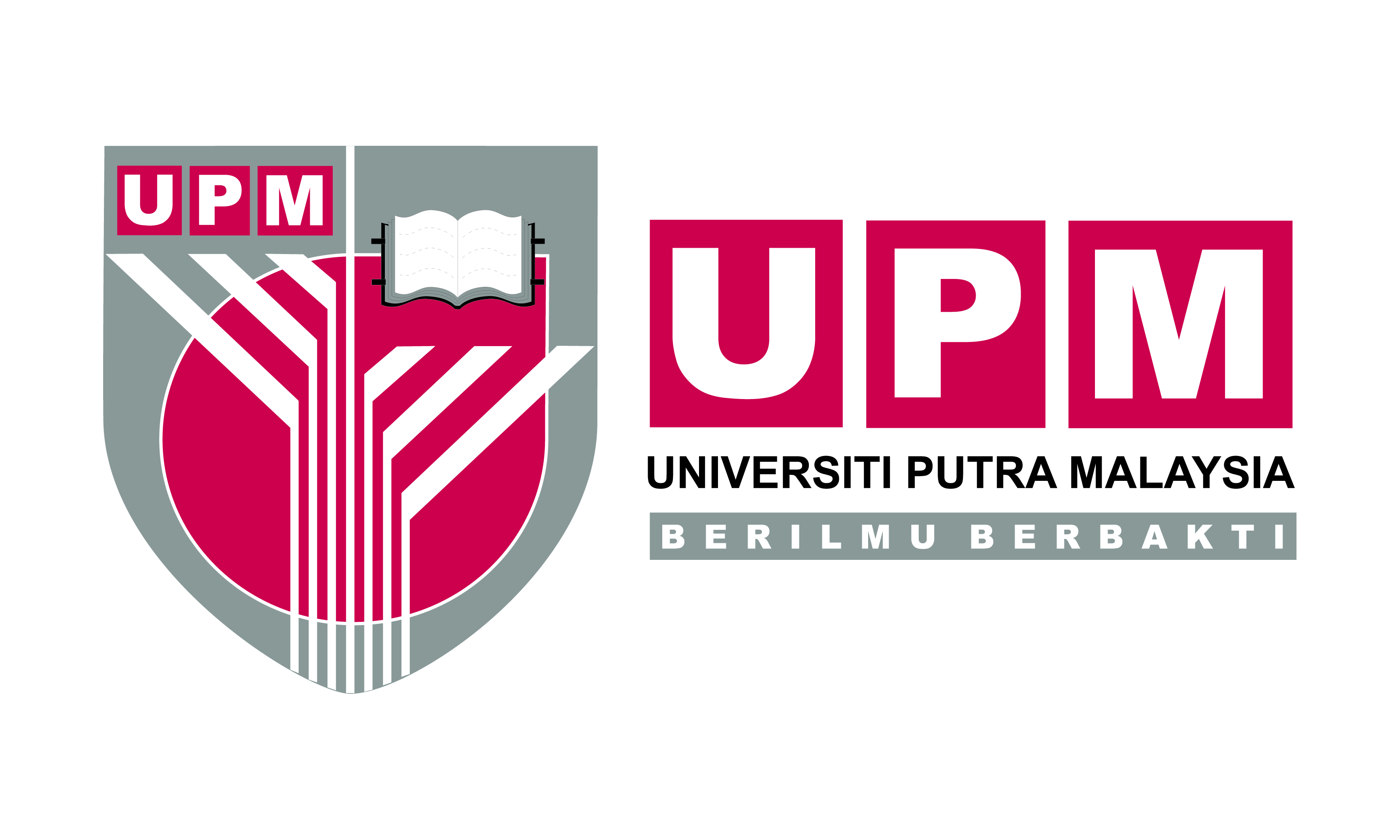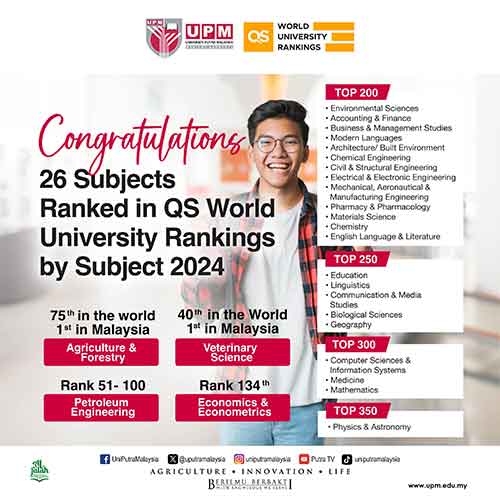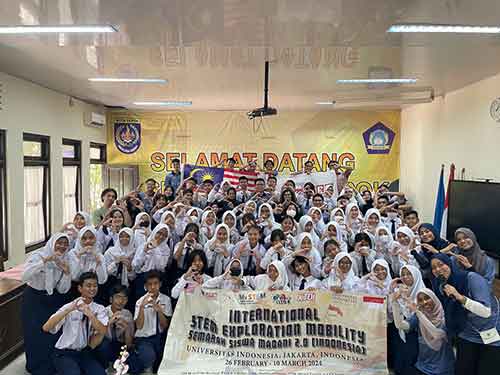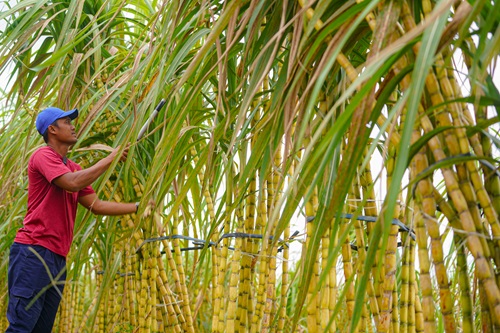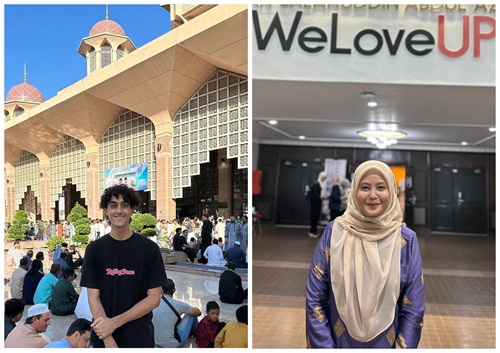By Stephanie Shalini
Pic by Marina Ismail
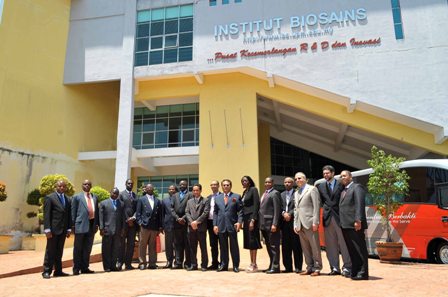
SERDANG, 16 April (UPM) – Universiti Putra Malaysia (UPM) hosted a meeting with a group of envoys from African nations here to brief them on the educational opportunities available for foreign students at the premier university.
Led by Vice Chancellor Prof Datuk Dr Mohd Fauzi Ramlan, the senior officials, deans and heads of the various faculties and institutes of UPM told the African ambassadors, High Commissioners and diplomats about the programmes of studies at undergraduate and post-graduate level at UPM for full-time or exchange students.
The envoys were from Namibia, Nigeria, South Africa, Sudan, Zimbabwe, Kenya, Algeria, Egypt, Libya, Guinea, Ghana, Mauritius, Zambia, Lesotho, Swaziland, Tanzania, Morocco, and Senegal.
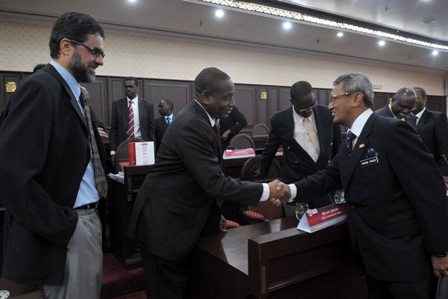
Also present was Datuk Suhaidi Sulaiman, advisor and facilitator to African embassies in Malaysia.
The High Commissioner of Namibia, Gebhard Kandanga, who addressed the meeting on behalf of his African colleagues, said they hoped that UPM would offer them more courses on education.
He said they also hoped that UPM would share its knowledge on how to optimise the use of the vast land available in Africa for agriculture since UPM is a pioneer agriculture university in Malaysia.
UPM was established in 1931 as a school in agriculture before it was elevated to a college and then a research university.
To date, it has more than 30,000 students including more than 3,000 foreign students from more than 60 countries.
The university offers nearly 70 under-graduate programmes of studies and about 400 fields of studies at the post-graduate level.

Prof Datuk Dr Mohd Fauzi said in his welcoming remarks that UPM would like to increase the level of collaboration between its own researchers and those in Africa, in order to globalise its educational and research programmes.
UPM, he said, would like to welcome more foreign students to study here either as full-time or exchange students.
“The number of students from African nations will be increased through full-time studies, student exchange programme and collaboration in research.
“These efforts would enable the local university to secure research grants from agencies and large corporations in the world for more advance research,” he said.
The Ministry of Higher Education has set a target of having 200,000 foreign students studying in Malaysian institutions of higher learning by 2020.
At present, there are more than 90,000 foreign students studying in the country and they come from countries like Indonesia, China, Iran, Nigeria, and Yemen.
After the meeting, the visitors were taken for a tour of Bioscience Institute to see its facilities and infrastructure for research and development. – upm
Sss/kgo
